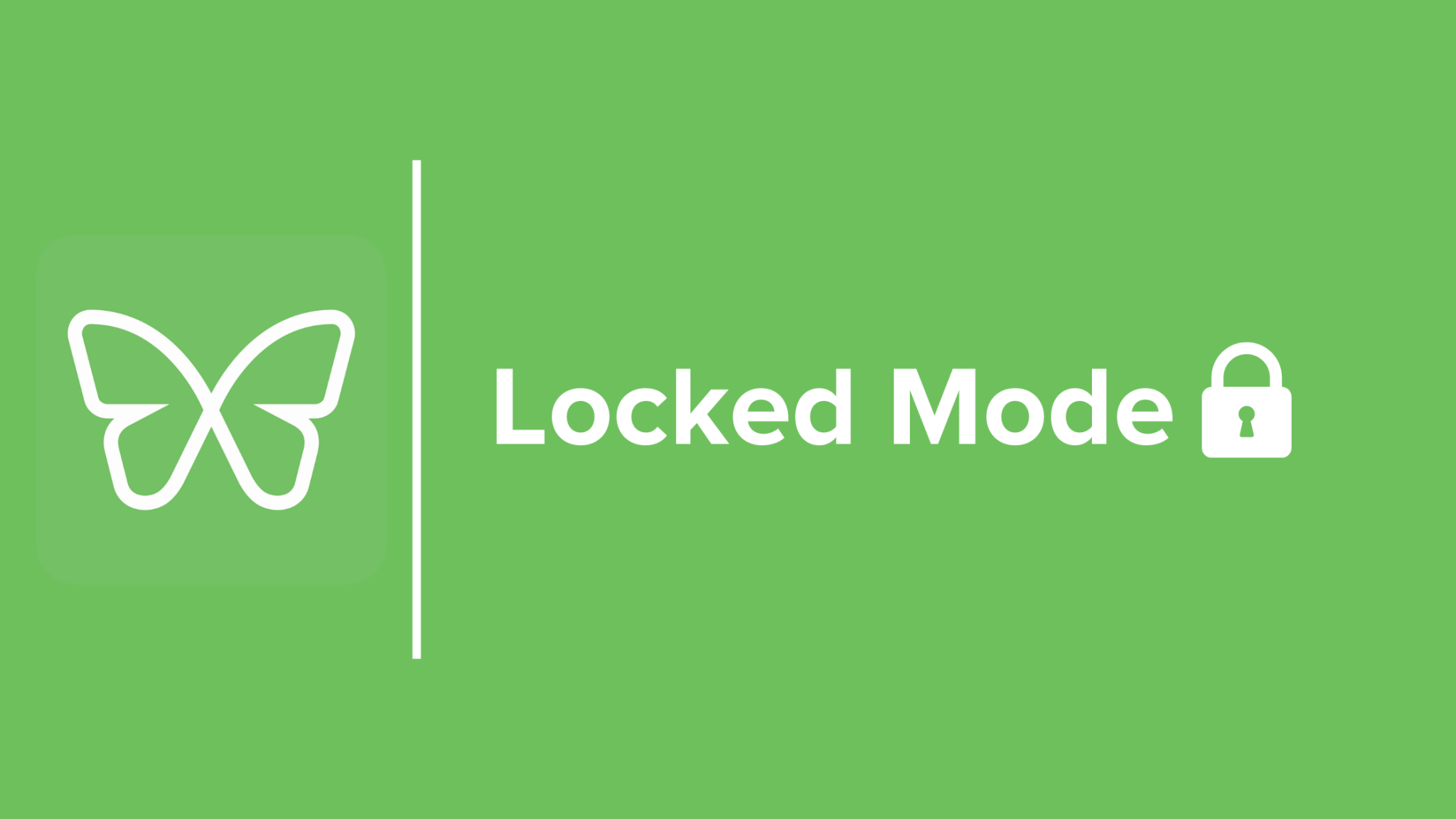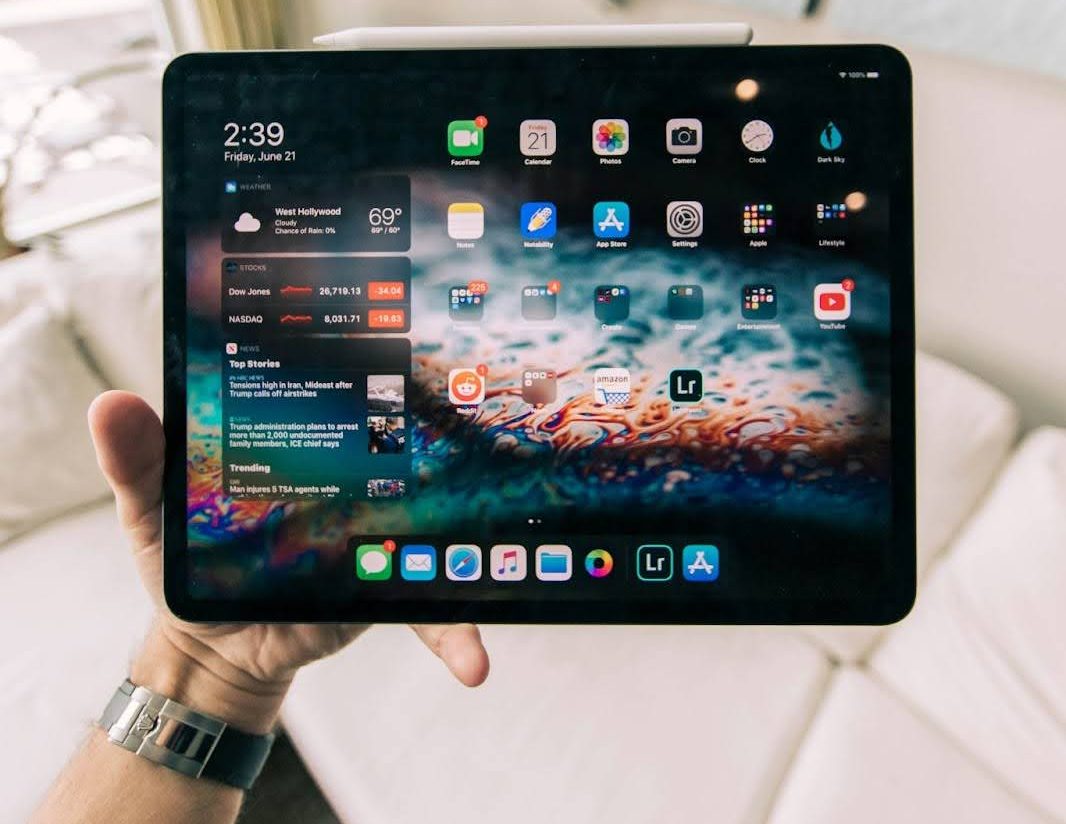The Creativity of AI, Through the Eyes of a Consumer Psychologist

Unless you’ve been living under a rock, over the past few months you will have noticed a significant rise in the development and use of generative AI. These tools differ from existing AI models because they are capable of generating new data, not just of recognizing patterns in data that is existing. As such, they can generate realistic text, images and videos that are original, creative and are often indistinguishable from those produced by humans.
Just this week, Boris Eldagsen, who’s image won the creative open category in the https://www.worldphoto.org/sony-world-photography-awards, chose not to accept the prize after revealing that the image was AI generated. Eldagsen said he “applied as a cheeky monkey” to find out if competitions would be prepared for AI images to enter. “They are not,” he added.
Without clear governance, provenance, and use guidelines, there are a number of potential misuses of this technology, including the creation of deepfakes, the spread of misinformation, and the erosion of privacy. Google’s chief executive, Sundar Pichai, said concerns about AI had kept him awake at night and warned that the technology can be “very harmful” if incorrectly deployed.
In a recent podcast, The AI dilemma, our partners at The Centre for Humane Technology, discuss the findings that 50% researchers believe there is a 10% or more chance that generative AI has the potential to end human existence. They argue that the guardrails we need to navigate this new technology are missing and that the story presented by the mainstream media hides the deeper truth of the effect of generative AI on our future.
Whilst we believe the risks to be real and the conversation worthy (a conversation that we will be continuing with future podcast guest Henry Ajder), it is worth also taking pause to consider the creative capabilities of these new technologies and ways in which we can consciously, positively and productively deploy them.
Consumer psychologist and recent Freedom Matters podcast guest, Dr Paul Marsden, believes that the creative opportunities of generative AI are something to embrace. We wanted to continue the conversation with him to find out more about the psychological basis of why generative AI is so exciting, some of the groundbreaking use cases, and what consumers are already thinking about generative AI.
| Please can you explain a little bit about your job as a consumer psychologist? As a consumer psychologist, I help brands understand the things consumers can’t say or won’t say. I delve into consumers’ hidden motives, unspoken desires, and subconscious goals. In particular, I use insights from positive psychology to help brands understand what makes people happy. Generative AI differs from previous AI models, because of its ability to be creative – something which was previously considered the domain of educated humans. What do you think this means for humans in the future? Generative AI, with its creative prowess, is revolutionizing our perception of AI’s capabilities. This presents both opportunities and challenges for humanity.On the upside, AI democratizes creativity and elevates our creative potential. If you can imagine it, AI can help you create it, whatever your skill level. I love that the hot new coding language is English; just ask what you want, and AI will write the code. Machine creativity could revolutionize fields like medicine, therapy, and product innovation. However, Gen AI has the potential to threaten human creativity and autonomy, and as such it could be detrimental to our wellbeing. Additionally, I worry that the rise of AI-generated deepfakes poses a severe risk to democracy. How can generative AI help us to better understand human psychology? Controversially, I believe Gen AI can shed light on human creativity and mental processes. By mimicking how humans recombine and adapt existing concepts to create something new, Gen AI helps demystify human creativity.Gen AI is currently sophisticated autocomplete. And that’s what we are! We will respond to a particular situation or a stimulus, or a person mostly habitually, mostly based on “what do I expect to say next”. And so what this technology does is actually to give us as much of an insight into how the human mind works and how human creativity works, as machine creativity. You’ve been working closely with brands experimenting with generative AI use cases. Can you give us an overview of some of the case studies which you think are most exciting? Legal and regulatory hurdles mean that I see AI being used mostly on an informal, unofficial, and under the radar level, by individuals at big brands. I have seen people experimenting with Gen AI at work to improve their personal creativity and productivity; summarising meetings, notes and knowledge, drafting communications and brainstorming ideas. AI is the new not-so-secret secret personal assistant at work. You recently conducted a piece of research with SYZYGY about public perceptions of generative AI amongst consumers in Germany. Can you tell us some of the findings that you think are most significant? Our research reveals the public’s optimism about machine creativity. Surprisingly, 49% are keen on using Gen AI to boost their own creativity, while 68% believe it will make humans more creative. Moreover, 57% prefer AI-generated art, and 78% of Germans think Gen AI will eventually surpass human creativity. What concerns you most about the current development trajectory of generative AI? My primary concern with Gen AI’s trajectory is its potential to fuel disinformation, eroding democracy. The rapid circulation of AI-generated attack ads exemplifies this threat. Just one day after Biden announced his candidacy for the 2024 US presidential elections, an AI-generated attack ad was already circulating. AI Political Ads Are Here, and No One Knows How to Handle Them vice.com As users or generative AI and consumers of the content that is produced, what do you think we should all do to ensure we are making the most of this technology? To make the most of this technology, we must remain curious and critical. Most of all, we can embrace the privilege of witnessing a pivotal moment in evolution, as we potentially pass the torch of intelligent life to a superior force. What a moment to be alive! |
Dr Paul Marsden (CPsychol) is a consultant psychologist specialising on the psychological effects of technology on we think, feel and behave. Paul works with businesses to help them understand how tech transforms people’s expectations, relationships and experiences. Paul appeared as himself in the 2022 award-winning movie ‘I am Gen Z’ – a documentary film on teens, tech and wellbeing, and has recently completed a study for WPP digital agency, SYZYGY, on how people feel and respond to new AI technology like ChatGPT.
Imagine: Public Perceptions of Generative AI in Germany
I am Gen Z: https://iamgenzfilm.com/
Website: https://digitalwellbeing.org

Boris Eldagsen’s award-winning picture. Photograph: © Boris Eldagsen, Germany


